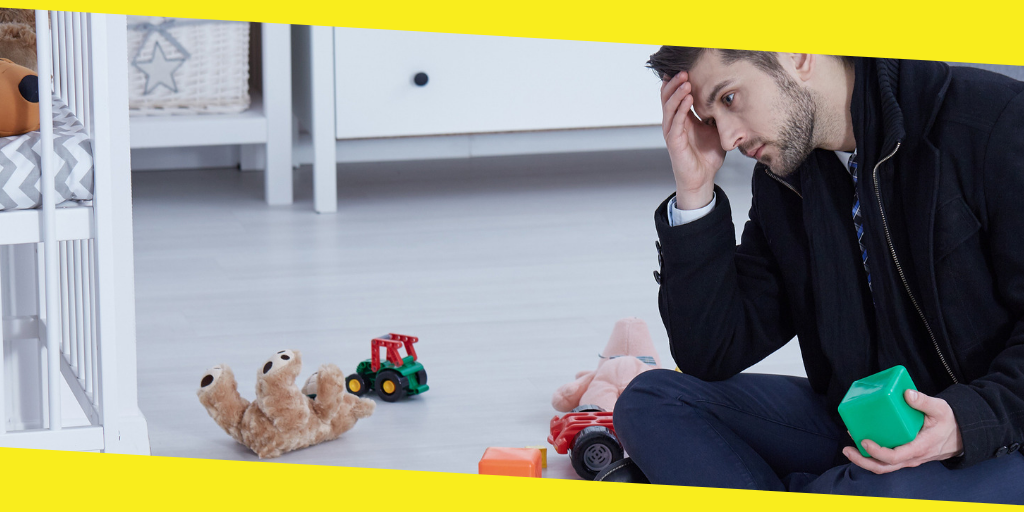Men Can Suffer from Postpartum Depression Too

Many of us are aware of postpartum depression, which can happen to new mothers after childbirth. We know how devastating the condition can be. After all, it can cause women to consider harming their newly born children.
But how many of us are aware that this condition can affect both mother and father? While it is undeniably true that typically, women shoulder the majority of the stress both during and after pregnancy, that’s not to say that men bear no pain at all.
Contents
ToggleThe new demands and responsibilities of parenting can affect fathers.
According to the American Academy of Pediatrics, around 2% to 25% of men can develop depression during and after pregnancy. That number drastically increases to 50% when the mother develops perinatal or postpartum depression.
But why is that?
Well, it seems that in enough cases, the new demands and responsibilities that come with pregnancy and the aftermath of childbirth can still impact fathers quite significantly. And if enough risk factors are present, they can develop depression.
Some of these risk factors include the following:
- Troubles bonding with the child
- Lacking a decent male role model and social support
- Difficulty adapting to changes in the marital relationship
- Developing jealousy or feelings of isolation over the child’s bond with the mother
- Not feeling rewarded as a parent
- Maternal depression
- Stress in both financial and work aspects
- Low testosterone levels
Unfortunately, this is not well-recognized in some communities.
Despite there being some known risks for postpartum depression in men, it’s not often diagnosed. For instance, in a recent study published by the Journal of Mental Health, researchers discovered that 90.1% of the participants were able to identify when women were experiencing postpartum depression. But only 46.3% of participants could identify the same for men. 21% of the time, men were instead described as suffering from stress or fatigue.
But if you happen to suffer from postpartum depression, there are treatments available.
Such a poor diagnosis can be frustrating for those who do have postpartum depression. But the treatments available for this condition can treat both women and men. So if you happen to be a new father suffering from postpartum depression, seek out help however you can.
You may end up thoroughly discussing your condition with a doctor, psychiatrist, or even a psychologist. But whomever you go to, ask after psychotherapy and medication meant for your condition. An example of both could include relationship therapy and PAXIL® (paroxetine).
Combining the two can help you better minimize your depression symptoms. Through therapy, you’ll learn to cope with your feelings; deal with any issues that may be coming between you, your partner, and your child; and determine how to respond to situations more positively. Through medication, the less therapy-affected symptoms, such as brain chemistry, can be properly treated.
If you’re worried that medication might be too expensive, just look for a pharmacy referral service like Canada Meds United. It will connect you to licensed pharmacies outside of the United States, where prescription prices are typically cheaper.
In the end, men like yourself can get treated for male postpartum depression. It’s just a bit harder for most to correctly diagnose. But hopefully, the more aware of this condition spreads, the more aware we’ll all be of how postpartum depression can impact both men and women.
Recommended For You
Parenting Tips to Manage Diabetes in Kids
Most Inside
Most Inside offers high-quality recommendations and valuable updates to enhance all aspects of your life, providing premium guidance and enriching experiences.




